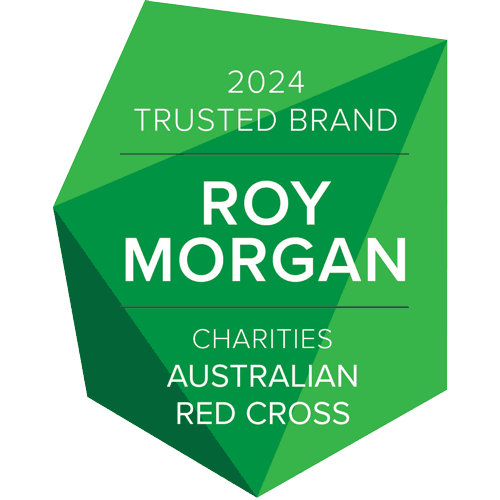Bushfires and other disasters - lessons from the frontline
From people who have survived fires and floods to the volunteers who help them to cope and put their lives back together, those who've been there share what they learned.
Right now because of climate change we’re facing the threat of more frequent and intense emergencies, all over the country. One in three of us will be affected by an emergency or the threat of one in our lifetime and in the past 30 years natural disasters and extreme weather events have affected more than nine million Australians.
Every step you can take to get prepared for emergencies – from storing important documents in a safe place and having a neighbour to call in an emergency – can make things a lot easier if disaster strikes.
"These are blokes I call big, strong men, who have said to me, ‘I just burst into tears’. The emotional strain and the trauma afterwards just has to be seen and felt, I guess, to be believed … The greeting you get is the cheery, ‘G’day, mate,’ they look you in the eye and their face is serious, the double handshake grasp, and you know they’re still suffering."

“I remember seeing strangers supporting strangers, their guards were down, vulnerabilities exposed. You didn’t need to be in a uniform to help. It reminded me that it is a very normal thing for people to reach out and help other people in times of need.”

“The area we live in is very pretty and just driving back into it and seeing everything black; I remember driving home and crying the whole way. It’s the realisation that bushfires do happen to you and can happen to anybody.”

Check out our free resources to help you get prepared right now.
"Having a pre-made plan and developing really strong social bonds before a disaster.” These are the two things Arjan says people need to recover well after a major disaster.

“It’s been long. And I can’t say that I’m still recovered. I still feel addled at times, and think, oh, is it going to happen again? I just… I’m still not sure.” Linda says for her the worst thing is just how long it can take to get over a disaster.

“Inside the house it was very hot. Very close. It would have been in the high forties. I’d imagine anyone in his circumstances could have quietly died … it’s really a tragedy that gets very little profile.” When one of the people he checks on didn’t answer his daily phone call during a heatwave Ray went to see if he was okay. He found the man collapsed on the floor. An ambulance was called, the man was hospitalised, and fortunately recovered well.

“We know that there’s a lot of financial stress, and our goal is to try and bring people together socially … to get people talking to one another, so that they realise that they’re not alone, that they do have friends that are in exactly the same position as them.”

“Disasters can be highly stressful and can really impact people’s mental health and create long-term challenges for families. Being prepared is the best way to ensure your safety and wellbeing.”

“You feel a bit stupid. You think, ‘I should be able to do it; just cope, just get on with it.’ And 12 months down the track, it all comes back now when you start talking about it. Or sometimes I go to a photo on my phone and just look at it, and sometimes you just burst into tears. It’s devastating to think what you lost.”

In the last year we’ve supported communities affected by 48 different disasters across Australia. We’ve also helped more than 200,000 people to be more prepared for emergencies. Being prepared is a game changer and we’ve seen that when people take simple steps to prepare, they recover better in the long-term.
We've lots of free resources to help you get prepared.
Charity donations of $2 or more to Australian Red Cross may be tax deductible in Australia. Site protected by Google Invisible reCAPTCHA. © Australian Red Cross 2025. ABN 50 169 561 394
